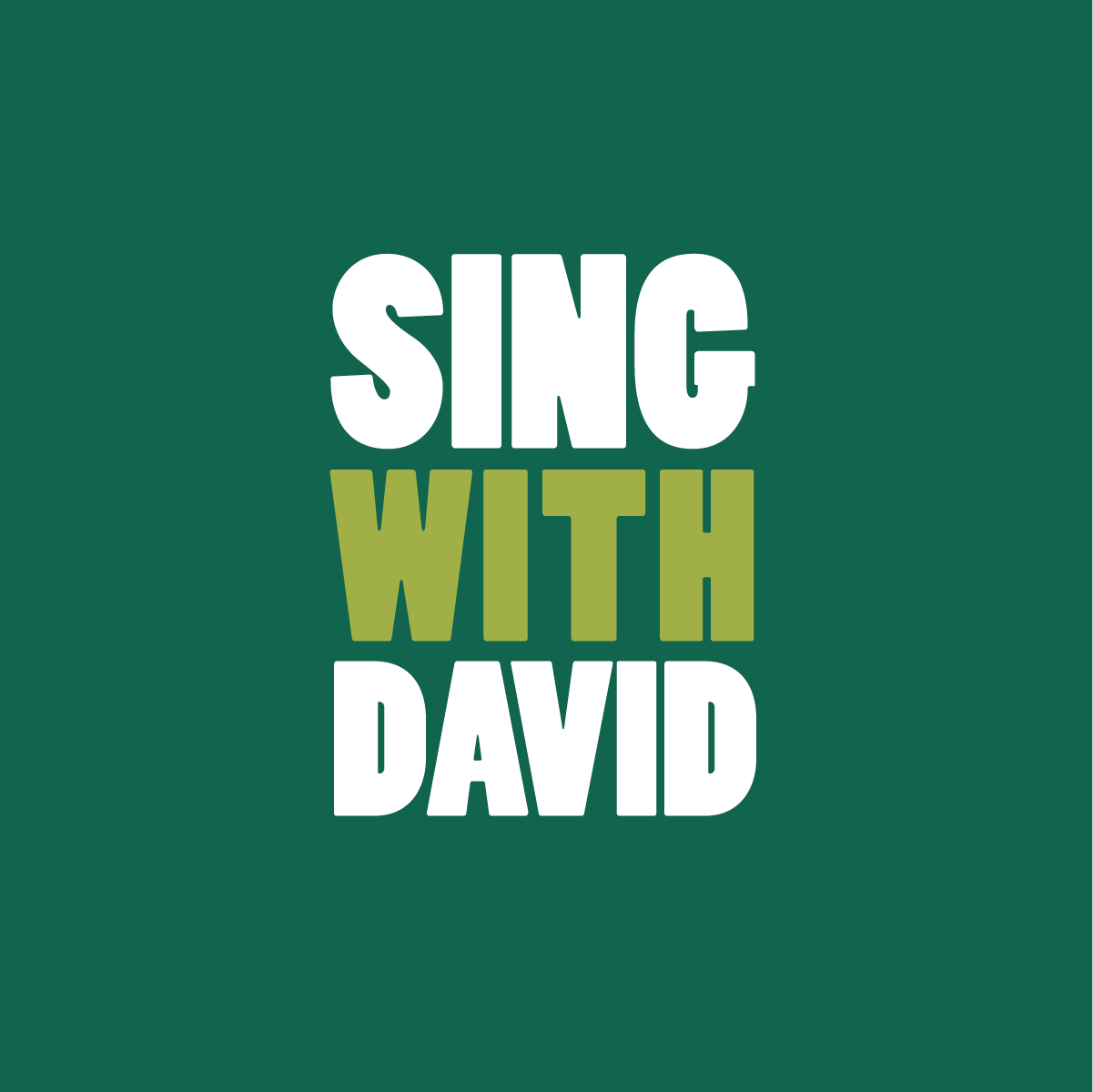Ralph Vaughan Williams: Composer of the Month
Ralph* Vaughan Williams (1872-1958) wrote some of the most-performed pieces in the canon of English Song - think of Linden Lea, Silent Noon, The Vagabond and the song cycles On Wenlock Edge and Songs of Travel. He was a descendant of Darwin and Wedgwood and born, as he said, "with a very small silver spoon in [his] mouth". In spite of his upbringing he maintained a lifelong commitment to egalitarian, socialist principles and later in life turned down a knighthood and the post of Master of the King's Music.
His music is today some of the most frequently performed of all English music, including such fixtures of Classic FM's Hall of Fame as The Lark Ascending and the Fantasia on a Theme by Thomas Tallis, but it took time for him to find his voice as a composer and there was plenty of discouragement along the way. One of his cousins remembered hearing people talk about “that foolish young man, Ralph Vaughan Williams”, who would go on working at music when “he was so hopelessly bad at it”. Nevertheless, he persisted - able to do so in part because he had a small private income - and little by little he found his voice.
Portrait of Ralph Vaughan Williams
By E. O. Hoppé - The Bookman 61 (361), p. 48, PD-US
Around the turn of the century he was a part of the great rush to transcribe English folk songs and his music is still often seen in terms of folksong and a quintessential rural Englishness. I think this view does Vaughan Williams a disservice - there's more to him than that - but it is true that his first successes grew out of his association with folksong, and indeed his first piece to appear in print, the song Linden Lea, feels like an arrangement of an old melody though in fact the tune is an original one.
Vaughan Williams's songs date mostly from the first half of his career and the best known were almost all written before 1910. As singers, therefore, we perhaps don't see a representative sample of his evolving compositional style, but there is something compelling and immediately appealing about these early songs. He wrote the Tallis Fantasia around the same time and The Lark Ascending followed just a few years later, so if you've enjoyed those pieces you might also like to explore the two early song cycles, On Wenlock Edge (for tenor, piano and string quartet) and Songs of Travel (for baritone and piano).
Vaughan Williams's songs are a gift to singers because of his commitment to melody. That might seem a silly thing to say - surely all songs have a melody (or do they)? - but what I mean is that the tune was his focal point, rather than harmony, form or texture. This seems to have been partly the result of both his folksong collecting and his work as editor of the English Hymnal from 1904-6. He later said of that work: "I now know that two years of close association with some of the best (as well as some of the worst) tunes in the world was a better musical education than any amount of sonatas and fugues".
*pronounced “Rafe”
Singing Vaughan Williams
If you're keen to try singing some of his music, several songs and arrangements by Vaughan Williams appear on the ABRSM singing syllabus and these are a great starting point.
Grade 1
Children's Song of the Nativity (arr.)
Quem Pastores Laudavere (arr.)
Both of these are arrangements by Vaughan Williams of existing tunes.
Grade 4
A Cradle Song
This beautiful lullaby is the earliest known song by Vaughan Williams.
Grade 7
The Call (from Five Mystical Songs)
Orpheus with his Lute
Silent Noon
The Sky Above the Roof
Grade 8
The Vagabond
The Turtle Dove (arrangement)
At the higher grades the choice includes some of Vaughan Williams’s best-known songs, especially Silent Noon and The Vagabond. These are must-listens (and perhaps even must-sings!)

